One of the problems that the new government will face in the upcoming period will be to establish the criteria on the basis of which the vulnerable consumer will be defined, Florin Spataru, state advisor at the Prime Minister's Chancellery, said on Tuesday.
"The energy transition is not a simple transition, it is not a cheap transition and it is not a transition that can be made only from the offices of the Cotroceni [Presidential Palace] or the Victoria Palace [of Government]. This energy transition must be discussed with the business environment, because one of the problems that the new Government will face in the upcoming period is the definition of the vulnerable consumer. How does one define the vulnerable consumer? Based on what? Based on income, based on number of people, based on location? There are things that need to be done because this energy transition will have a major social impact. I established all these committees that I coordinated, together with my colleagues from the Chancellery, I invited the ministries, the authorities that are responsible and, subsequently, I organized joint meetings with the business environment, because we will not be able to do this without understanding what the business environment can do," Florin Spataru mentioned at the event "Bucharest Leaders' Summit: The Path to 5.0. From Vision To Reality".
He referred to a World Bank report, according to which decarbonization in Romania, for everything that means business, without development (from 2023, when the study was carried out - and until 2050) costs USD 350 billion. According to the recommendation, 33% of the money should come from state aid schemes and 60% from the private sector.
"If we talk about development, we bring another USD 50 billion. This means that in Romania's budget, no matter which government is in power, by 2050, but certainly in the 2025-2035 period, we should find at least USD 3.5 billion for this aspect of decarbonization in its various forms. If we do not find this money, introduced there as instruments to help us in the field of decarbonization, I can tell you that there are very few chances for Romania to meet this objective," said Florin Spataru.
In this regard, there is a need for net zero technologies, which were included in a programmatic document of the European Commission, technologies that can be financed and can help the decarbonization process.
"More pragmatically put, we no longer buy electrolyzers and heat pumps and windmills from China, Vietnam, Thailand or wherever else we buy them, but we try to produce them here. That's when this instrument was created to help Member States finance such a project themselves. (...) About 66% of USD 350 billion - that's a lot of money that we will have to attract from the private sector to be able to meet this decarbonization objective. If we spend even one euro in the wrong direction, the negative multiplier will be much higher than that one euro," Spataru added.
He emphasized that it is "a continuous effort over decades for Romania to be able to meet some of its objectives", so that "we don't wake up in 2035 and find ourselves out of the market".
"Even if we close the coal-fired power plants, because we won't have the energy we need, we can't make all the money available. If you don't have the energy and you don't have the skills, no one from the private sector will come here to develop something. And these are the challenges that, in my view, Romania will face in this energy sector," Spataru pointed out.
MediaUno Press Group, MediaUno Association, the Department for Sustainable Development and the National Institute of Statistics are organizing, from May 21 to June 16, 2025, "Bucharest Leaders' Summit: The Path to 5.0. From Vision To Reality", the 29th edition of the national project "Together we protect Romania".

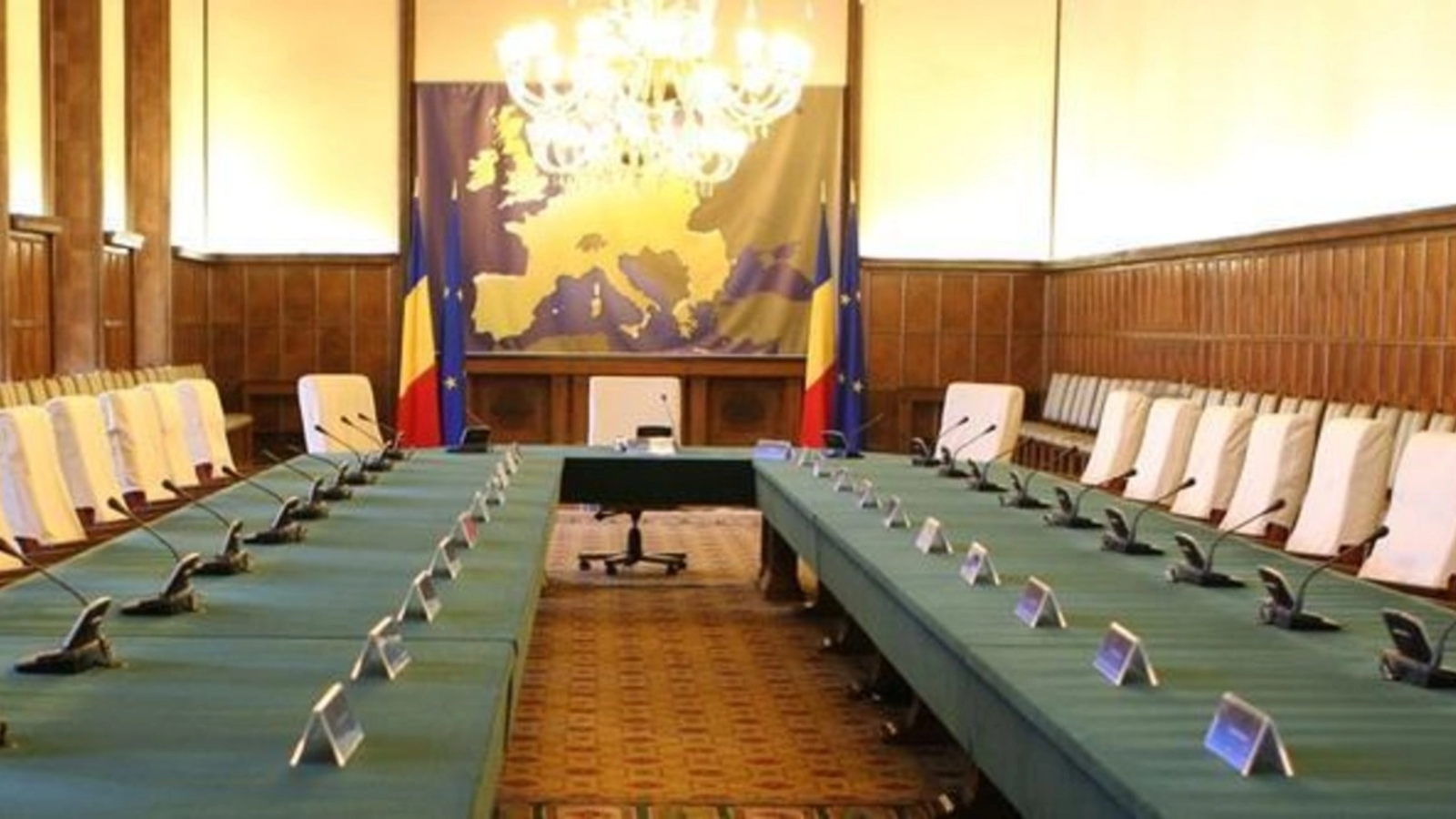

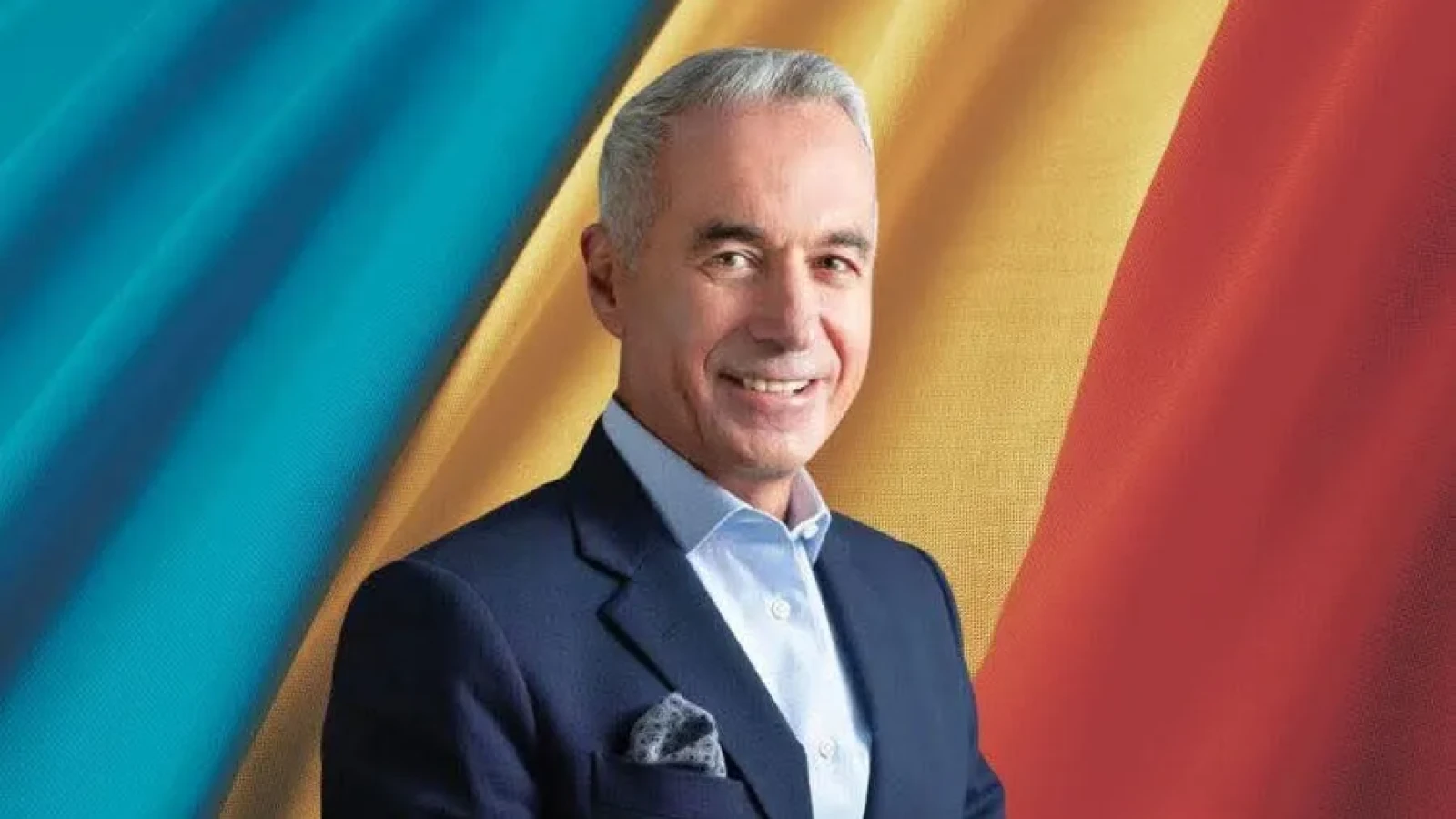

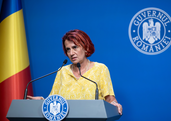





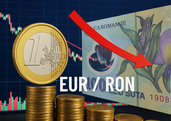
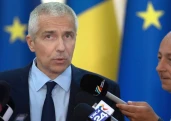







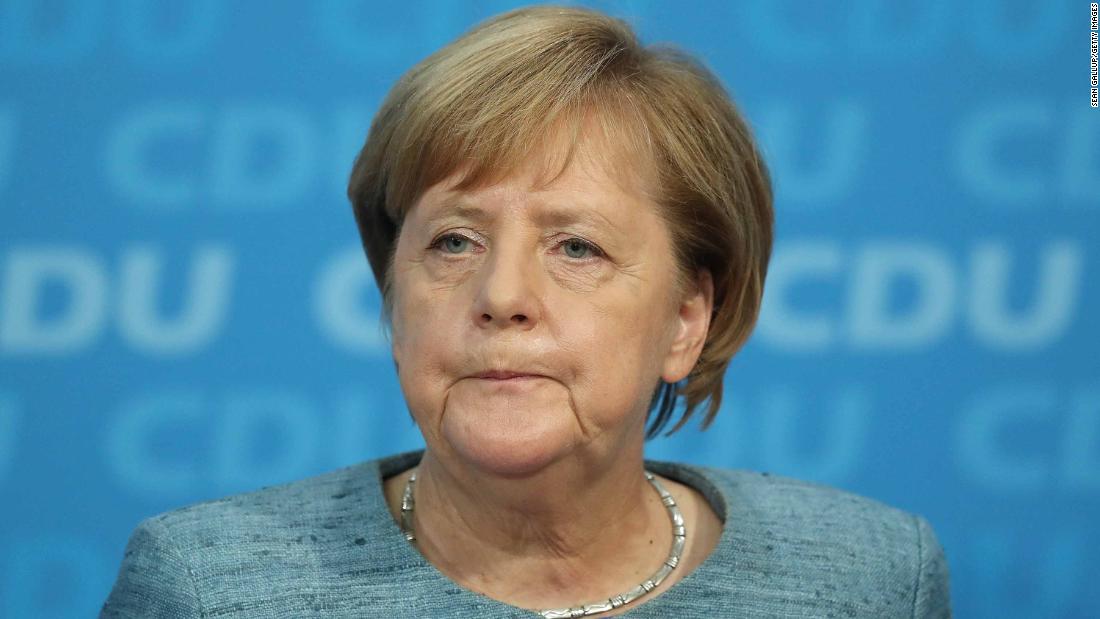

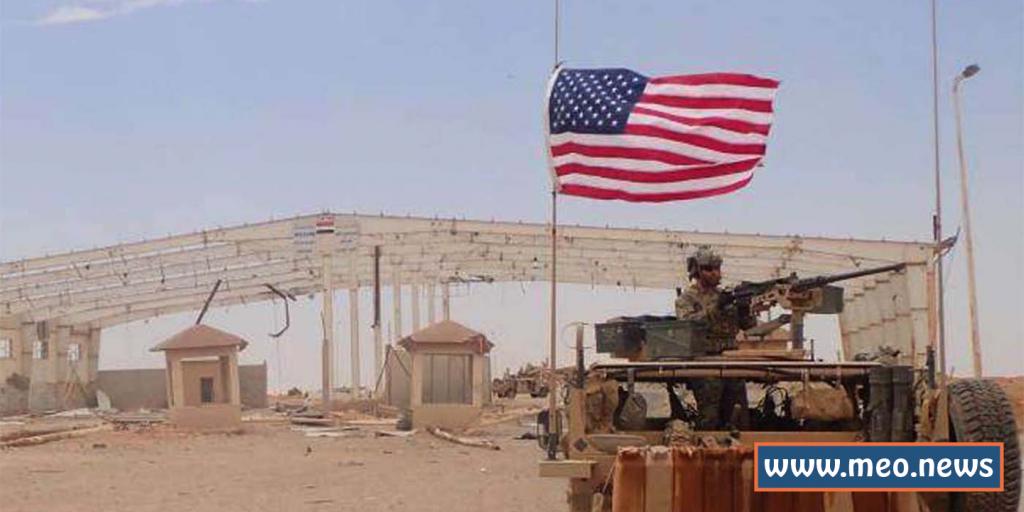









Comentează